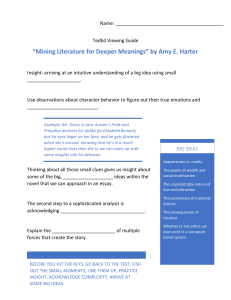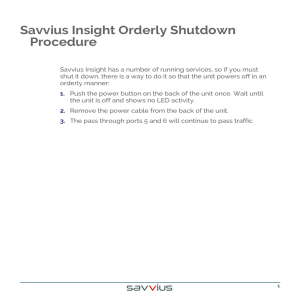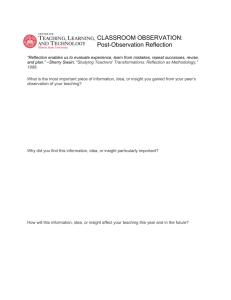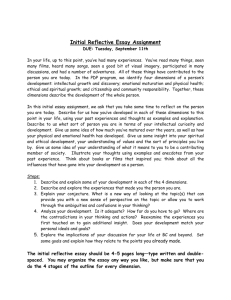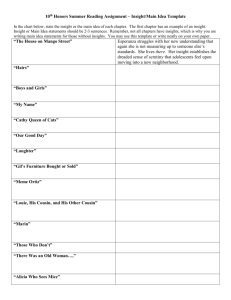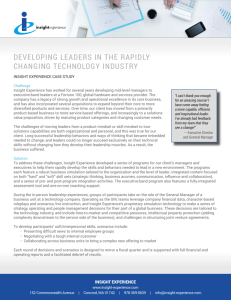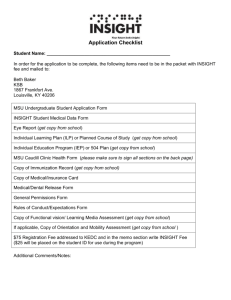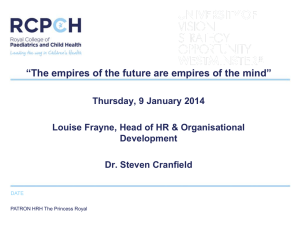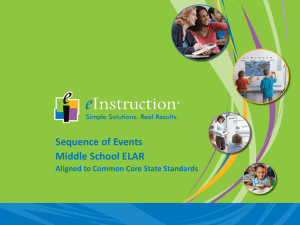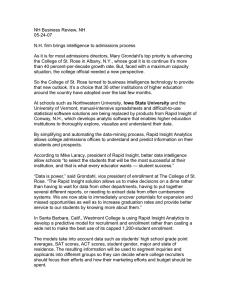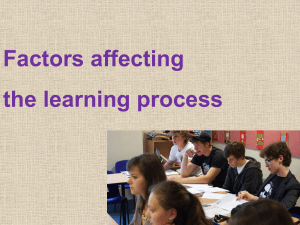Remembering Essay
advertisement
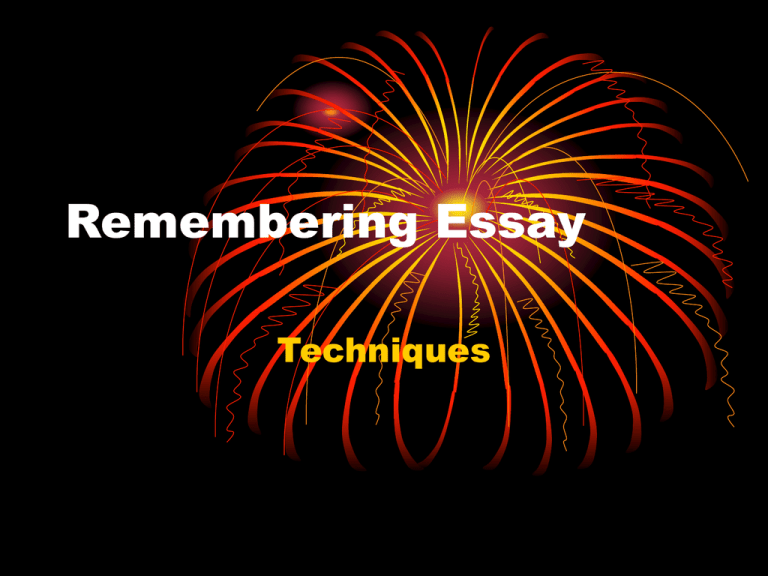
Remembering Essay Techniques Remembering Essay: Writing a Focused NARRATIVE 1. Show Don’t Tell—observing techniques 2. Topic Choice—focus on occasion and cultural context. 3. Limit and Focus—create a specific scene in TIME and SPACE • • • Avoid monotonously summarizing Cliches— “My life will never be the same” Subjective vs. Objective Details 4. Note: Changes, Contrasts & Conflict • • • Changes—in people and places Contrasts—between memories or appearance vs. reality CONFLICT = TENSION • • Why is the memory important? INDUCTIVE PATTERN 5. Connections—between past events, people, places, and the present 6. Insight—Main Idea Other Techniques to Consider: • TIME ORDER • In medias res = “in the middle” • Flashback • Chronological • POINT OF VIEW and TENSE • First person • Past verse Present Topic Choices • Avoid the dreaded “Top 40” • Boyfriend/Girlfriend • Spring Break • Death • Focus on the smaller moment, for you can discover great insight. Sage Advice • Own Your Topic—this topic happened to you, not your friend. Do not write about “the world.” Write about your world. • FOCUS, FOCUS—narrow your experience so you can deal with to details. Don’t tell me, show me. • Instead of writing about the entire season or game, what about the final 30 seconds? • Keep “Close” Topics at Arm’s Length—make sure you have perspective on the topic. Avoid topics that are too fresh or too painful. • While searching for insight/discovery, steer clear of the rocky shores of Cliché Island—we are looking for insight, but there is no reason to resort to “I will never be the same” or “My life was changed forever.” • Don’t crash your work on the reef of boredom by “summing it all up” in a nice, tidy, cliched box. • Examine what you learn; it can be something small.
